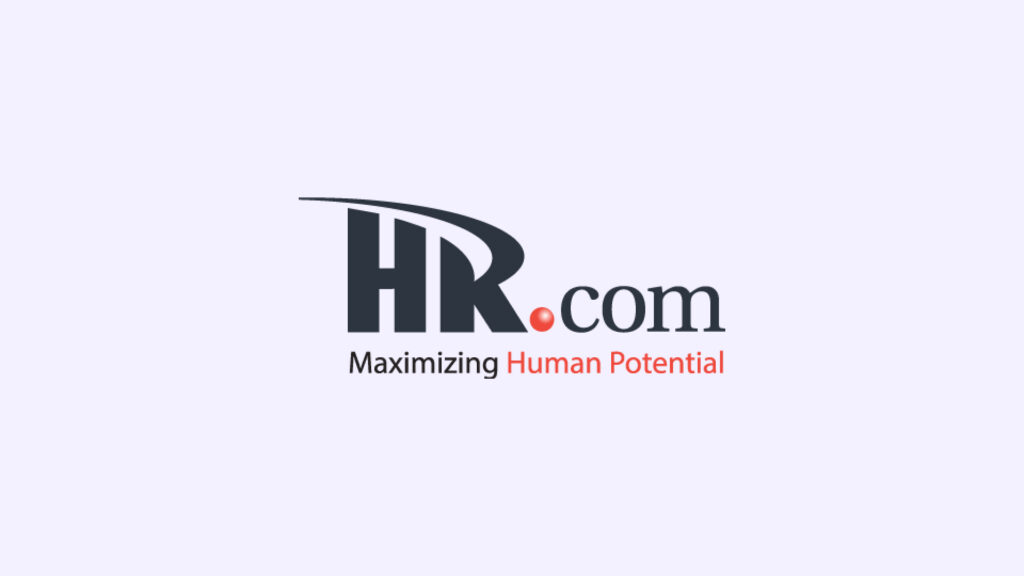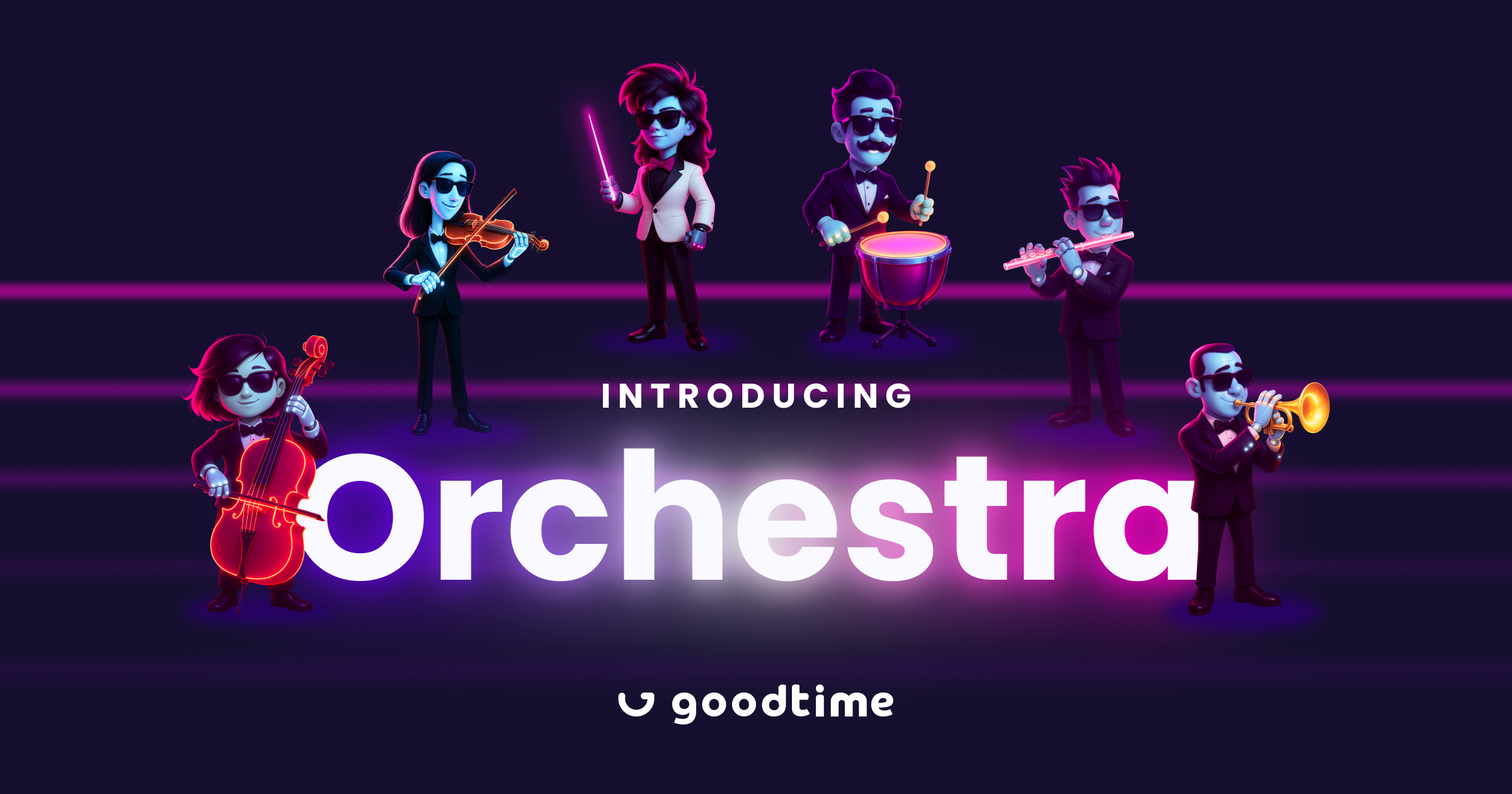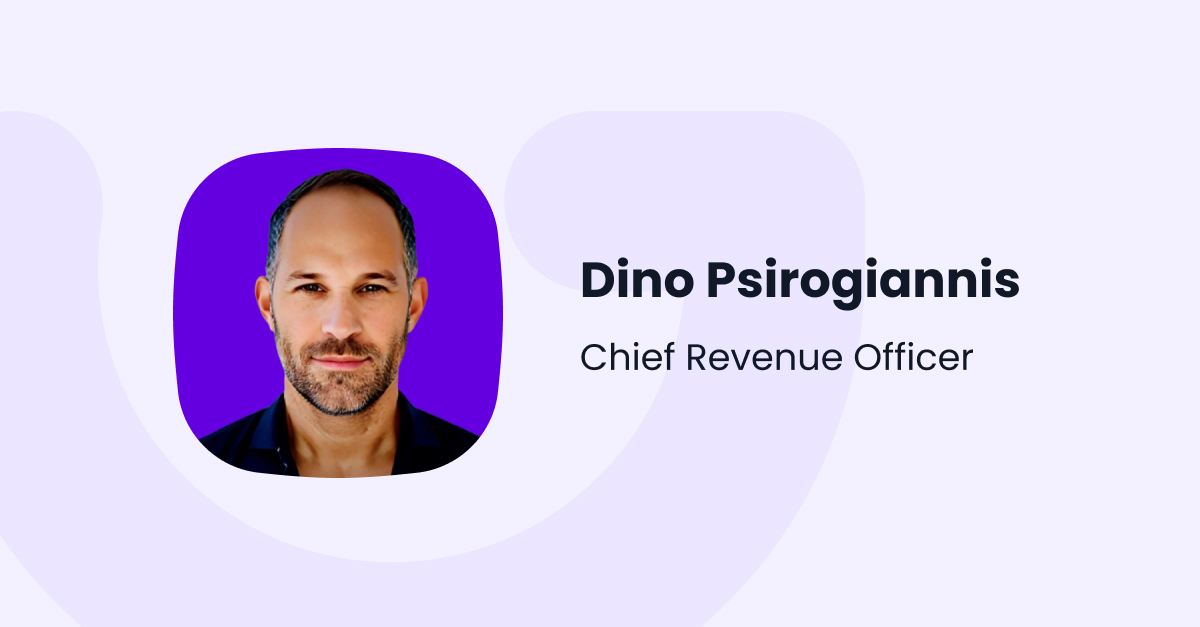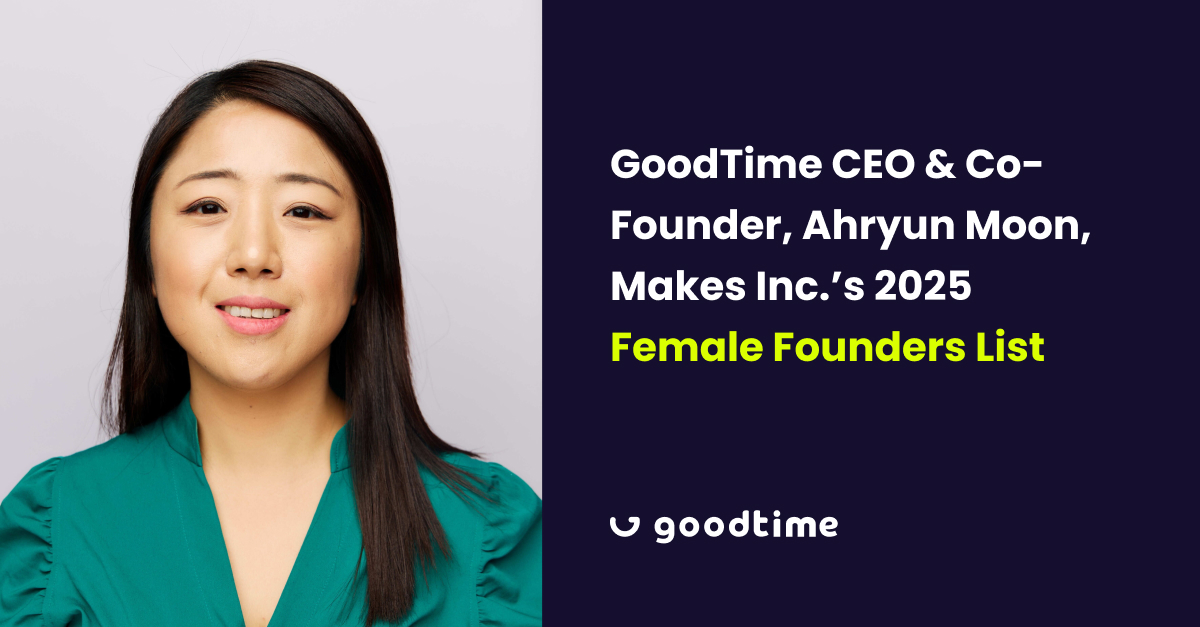
By Deepa Damodaran, HR.com
The original article is posted here.
Artificial intelligence (AI) is no longer a speculative trend or a passing buzzword—it’s already here, reshaping industries across the board, and talent acquisition (TA) is no exception.
As per GoodTime’s fourth annual Hiring Insights Report, 99% of talent acquisition teams now use AI and automation to streamline hiring processes, with 93% planning additional technology investments in 2025.
For many in HR, particularly within recruitment, AI’s impact is becoming increasingly tangible. As automation transforms how companies source, screen, and engage with candidates, questions surrounding AI’s future role in TA are growing louder: Will AI replace hiring managers? How should recruiters prepare for the inevitable changes ahead?
While there is no clear-cut answer to these concerns, one thing is certain: in the coming years, the way we think about recruitment and hiring will undergo a fundamental shift.
The early stages of recruitment, from sourcing to screening to scheduling, will become increasingly automated. AI-powered platforms are already capable of scanning resumes, assessing candidate suitability based on predefined criteria, and even conducting initial interviews. As a result, many of the entry-level recruiting roles we know today could become obsolete, while others will evolve into something altogether new.
This transformation brings both challenges and opportunities for talent acquisition professionals. While some fear that AI will completely replace human recruiters, the truth is more nuanced. Recruiters who embrace AI as a tool to enhance their work—rather than a force that diminishes their role—will find themselves at the forefront of a more strategic, value-driven approach to hiring.
Recruiters and hiring managers must adapt to this evolving landscape by becoming experts in AI-driven recruitment tools and learning how to leverage them for better efficiency and accuracy. The role of the recruiter will shift from managing mundane administrative tasks to focusing on higher-level activities, such as relationship-building, employer branding, and strategic workforce planning.
Rather than seeing AI as a competitor, TA professionals should view it as an ally that will free them from routine tasks and allow them to focus on what truly matters: finding the right talent and fostering connections that drive organizational success.
As AI continues to shape the recruitment process, we may see the emergence of new roles within the HR ecosystem, such as talent consultants or talent business partners. These professionals will bring a blend of technical expertise and strategic thinking, helping organizations make more informed decisions about how and where to apply AI. Their job will be to ensure that AI is being used ethically, effectively, and in a way that aligns with the company’s overall talent strategy.
While the future of AI in talent acquisition remains uncertain in many ways, one thing is clear: recruiters who fail to embrace the changes may find themselves left behind. AI is not something that can be avoided or delayed. It is the future, and the future is now.


